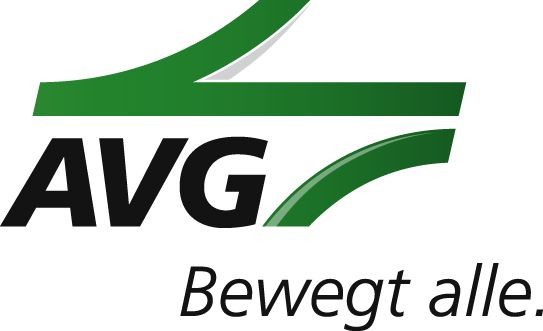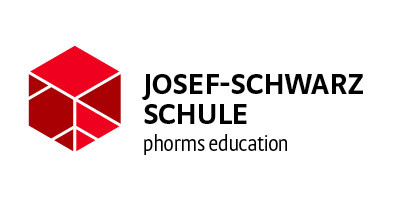Modular framework for 3D Surface reconstruction
Eintrag vom 17.06.2025
Angebotsnr. 119182
Stelle frei: Ab sofortAngebotsnr. 119182
Beschreibung
As part of the IGF project on particle measurement technology, research is focused on dynamic image analysis for small particles, such as bricks and slag. The key advantage of this approach is its ability to capture both particle size and shape characteristics. To achieve this, modern neural surface reconstruction (NSR) methods are employed, enhancing 3D understanding of the particles within a deep learning framework. These methods reconstruct dense 3D surfaces using multiview, image-based neural rendering techniques. Once a high-quality 3D geometry is reconstructed, it supports various downstream tasks such as object recognition, classification, detection, shape analysis and comparison, as well as product quality control.
In neural surface reconstruction, some methods represent the surface of an object using discrete, explicit structures such as voxel grids or meshes. In contrast, other approaches utilize continuous, implicit representations, where the surface is encoded by a neural network. To capture these inductive biases, neural rendering techniques are divided into surface-based and volume-based methods. Moreover, to reduce the reliance on dense input views with highly accurate camera poses, various algorithms have been developed to address these limitations. In recent years, several public codebases for NSR have gained popularity within the research community. However, due to the lack of consolidation, numerous NSR repositories exist, each focusing on enhancing specific components of particular algorithms. These repositories tackle different challenges, leading to parallel, non-interacting implementations. To efficiently capture the diverse and rapidly growing development of NSR research, the following tasks exemplify the main responsibilities associated with the offered Hiwi position:1. Conduct literature research on NSR
2. Classify and compare the advantages and disadvantages of existing NSR methods
3. Consolidate critical techniques into reusable, modular components
4. Develop an end-to-end, plug-and-play, and user-friendly workflow
Anhang PDF: HiWi-Flyer-en.pdf, 272 kB
- Art der Anzeige
- Studentische Hilfskraft (Hiwi) / Werkstudent*in
- Gewünschtes Studium
- Alle Studiengänge
- Gesuchter Karrierestatus
- Studierende*r*n
- Arbeitsregion
- Karlsruhe und Umgebung
- Unternehmensbereich
- Forschung
- Unternehmensbranche
- IT & Internet
- Wissenschaft & Forschung
- Sprache am Arbeitsplatz
- Deutsch
- Ist die Stelle passend für internationale Studierende mit B2 Deutschkenntnissen?
- Ja
- Art des Unternehmens
- Wissenschaftliche Einrichtung
- Homeoffice
- Homeoffice möglich
Kontakt
Herr Jiachen Zhou
Intelligent Sensor-Actuator-Systems (ISAS)
Adenauerring 2
76131 Karlsruhe
Deutschland
Tel: 072160842760
E-Mail: Melden Sie sich bitte an,
um die E-Mail Adresse lesen zu können
Intelligent Sensor-Actuator-Systems (ISAS)
Adenauerring 2
76131 Karlsruhe
Deutschland
Tel: 072160842760
E-Mail: Melden Sie sich bitte an,
um die E-Mail Adresse lesen zu können





